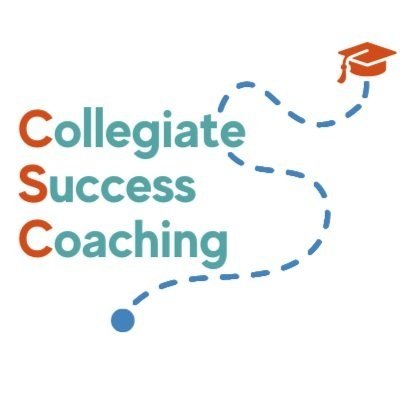Three Reasons to Celebrate Spring Semester 2020
Updated: May 21
The semester is finally over. Everyone breathes a deep sigh of relief; students and parents are ready to jump off of the not-so-merry-go-round of the academic year that was defined by a global pandemic. As much as you want to put on the summer break mindset or look forward to what we hope will be the better days of Fall 2020, there's one thing you must do before mentally and emotionally wrapping up Spring 2020.
Celebrate it.
Why would we celebrate Spring 2020 with its global pandemic, virtual exhaustion, and jarring daily illness counts? There are three conditions that make celebrating more important now than ever, even if your final grades were not the ones you or your parents hoped for. Here they are:
1. Did it lead you closer to mastery instead of performance?
If you started Spring 2020 with high hopes of a 3.75 cumulative GPA but finished with a 3.1 (or less) instead, the first thing I'll ask is whether that 3.1 is an improvement over your previous cumulative average. I get it. There are scholarships to keep and upper division programs to gain entry to; however, if you challenged yourself with rigorous courses, maneuvered the ups and downs of transitioning to all on-line learning, feel more connected to the substance and significance of your major, adjusted to being back under your parents' roof in one of the most abrupt and massive college migrations in US history, and you feel wiser than you used to, then college did exactly what it is designed to do. That's growth toward personal, emotional, and intellectual mastery, rather than a static measure of performance.
Celebrate! Eat cake!
2. Did it make you more resilient? University of Pennsylvania professor of psychology, Dr. Angela Duckworth, in her book, Grit: The Power of Passion and Perseverance, explains how missing the mark on a rigorous goal can be more formative than success on a more easily achieved one. She says that what you do when you fall down is more important than never falling down, because when college students, let's say, respond to failure by getting back up and doubling down on their academic goals, then they increase their "grittiness," a combination of passion and perseverance for a singularly important goal. High achievers in all domains report this kind of growth when setbacks prompt stronger effort, deeper learning, and recommitment. Recovering from a setback becomes a student's hallmark of success. The failure does not define them. Duckworth has also found scientific evidence that grit can grow. So if you had an academic setback, don't let it define you; allow it to form new insights, more strategic methods of studying, and a more nimble navigation of your college success story.
Celebrate! Eat cake!
3. Did it make you grow? Once when my near 14-year old daughter was a little 7-year old Brownie Girl Scout, I was her troop leader, and we went on a glorious mountain camping trip. We did ALL OF THE THINGS. We cooked over a fire, hiked, paddled canoes and took the pontoon out, sang to the tops of our lungs, made crafts, tied knots, and simply reveled in the near perfect beauty of the springtime. When the packing and clean-up were over, the badge ceremony concluded, and the parents had all come to claim their children, I was an absolute mess. Exhaustion had set in, and I was not sure that I could drive home. With her in the back seat and a mountain of camping gear packed all around her, her tiny voice said, "Mom, something feels different." Honestly, in my debilitating lethargy, I almost ignored her because I didn't think I could muster a conversation. But then, without me saying a word, she concluded, "I think I grew up a little." I pulled the car to the side of the road and turned around to see her. Suddenly, I wasn't so tired. All of the work and effort had been worth it; that was the very best outcome I could have ever wished for. Chances are that after Spring 2020, you probably feel a lot like I did after everything you have been through this semester: all of the homework assignments, detailed lab reports, difficult problems to solve, long papers to research and write, and monotonous Zoom lectures. Granted, your effort was for your own success, and mine was for my daughter's, but if the outcome is the same, that you feel like you "grew up a little," then name it just like she did, and celebrate it!
Celebrate! Eat cake!
In the end, while college is of course about getting a good job and having a better quality of life, it is absolutely also about "growing up a little," becoming grittier and more adaptable to changing circumstances, and slowly mastering "learning how to learn," all skills that make you a better employee, life partner, parent, and citizen. If you can identify any of these successes, you deserve a celebration. I recommend chocolate cake!

